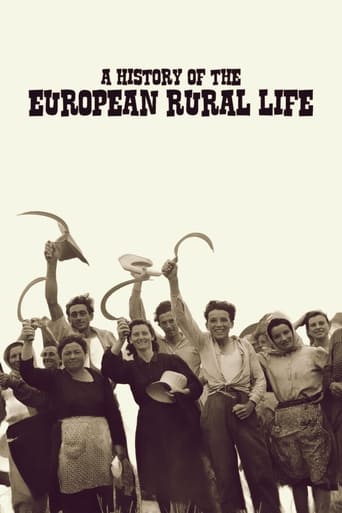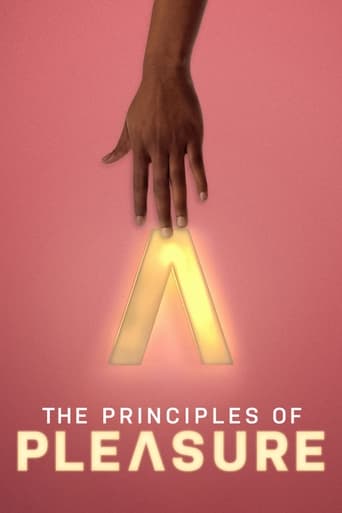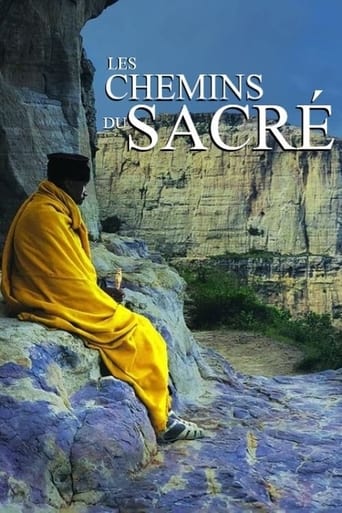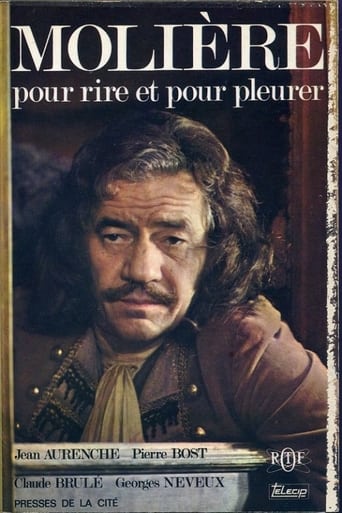
Who Wants to Be a Playboy Centerfold
Thousands of women across the nation vied for the chance to become a Playmate, but only 12 were chosen for the reality competition "Who Wants to Be a Playboy Centerfold?" The two-hour prime-time special aired on Fox in 2002, bringing together aspiring Playmates in typical house reality show fashion. Photo shoots at the Playboy Mansion and a nude centerfold layout culminated in eliminations and, ultimately, a winner, whose prize was to become the Playmate of the Month. Contestants share what the show was truly like, how the experience changed them, and how being associated with Playboy fulfilled dreams and also caused heartache.
- Alexandra Dean
Country: US
Language: En
Runtime: 43
Season 2:

Thousands of women across the nation vied for the chance to become a Playmate, but only 12 were chosen for the reality competition "Who Wants to Be a Playboy Centerfold?" The two-hour prime-time special aired on Fox in 2002, bringing together aspiring Playmates in typical house reality show fashion. Photo shoots at the Playboy Mansion and a nude centerfold layout culminated in eliminations and, ultimately, a winner, whose prize was to become the Playmate of the Month. Contestants share what the show was truly like, how the experience changed them, and how being associated with Playboy fulfilled dreams and also caused heartache.

After a divorce in the late 90s, Hugh Hefner became a bachelor again, and the era of the seven girlfriends emerged. For some, being one of the seven girlfriends was a highly coveted position that was as much a job as it was a relationship. Hef's girlfriends were not only supported by him, but they were used to publicly promote the Playboy brand during lavish events and club outings. But being a girlfriend was not all glitz and glam. The inner-drama that ensued among the girlfriends played out on the public stage.

In 1977 Playboy introduced pictorials featuring often barely-legal college women. Playboy went to university campuses across the country and hosted auditions for female students to pose and represent their school. While some of these women jumped at the chance to audition, others protested the magazine's presence on campus. For those that were selected, the choice to pose for Playboy sometimes resulted in unanticipated, far reaching consequences, in their personal lives and their careers.

Sondra Theodore and her daughter Katie explore their dramatically different versions of life at the Playboy Mansion as they work to heal the trauma in their complicated relationship.

Posing for Playboy seems like a dream come true for many young women, but the allure of fame and fortune comes with a steep price: their bodies become commodities, their choices are restricted by a company that seeks to profit from their sexuality, and sometimes instead of opening doors for the women, it closes them.

The sports world is often criticized for not only underpaying and undervaluing female athletes, but these women are also notoriously sexualized. It is something investigative journalist and former Playboy cover model, Lisa Guerrero has personally experienced during her time as an NFL cheerleader and sports reporter. Lisa talks with three athletes who made the controversial decision to pose for Playboy, and the backlash they received from appearing in with the magazine.

Playboy has long been known for its pictorials of working women. Perhaps none of these features were more tantalizing to their readers than those of women in uniform. Playboy cover model and investigative journalist Lisa Guerrero sits down with a former NYPD officer and a former US Air Force Training Instructor to discuss the highs, and lows, of their fateful decision to pose.

While Playboy usually featured a specific standard of beauty in its magazine, it occasionally disrupted that norm by showcasing models not typically seen within its pages. Those decisions often created controversy. Investigative journalist and former Playboy cover model Lisa Guerrero talks with three Playboy models who were not the traditional women readers were accustomed to.






















